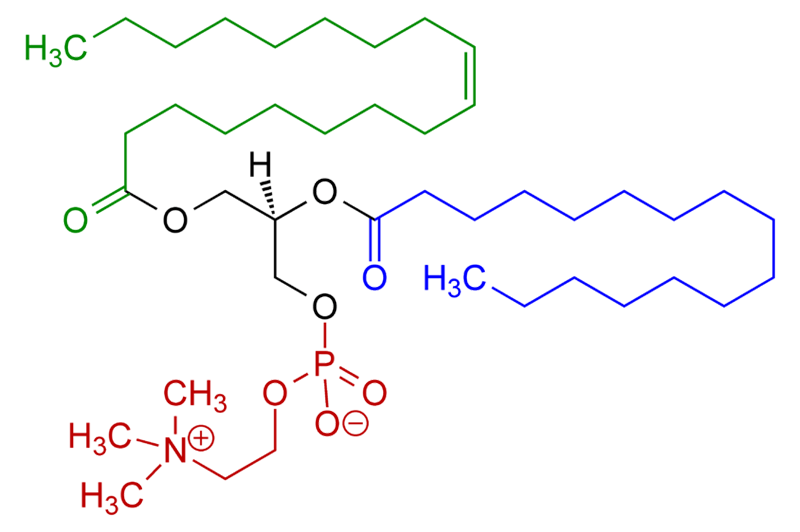- +033 2572 7171
- info@dhanvantary.com

4.5 Rating | 4500 Review

4.5 Rating | 4500 Review
Lecithin is a type of fat that is essential for the structure of every cell in the human body. It is classified as a phospholipid and is composed of glycerol, phosphoric acid, fatty acids, and choline. Within the body, lecithin is predominantly located in lipoproteins and cell membranes, where it facilitates the transport of cholesterol and triglycerides in the bloodstream.

Additionally, it is synthesized in significant amounts by major organs such as the heart, liver, and kidneys. Lecithin plays a crucial role in cellular construction and helps to prevent the hardening of cell membranes. Beyond its health benefits, lecithin also possesses therapeutic applications, being utilized both as a medication and in the manufacturing of pharmaceuticals.
Lecithin is employed in the management of neurological disorders. It serves as a rich source of choline, which enhances the accumulation of acetylcholine (Ach) in the brain. Acetylcholine is vital for various cognitive functions, including memory retention. Therefore, an increased concentration of this neurotransmitter leads to improved memory performance.
Lecithin is utilized in addressing liver issues and hypercholesterolemia. Its remarkable properties are effective in lowering cholesterol levels, thereby aiding in the prevention or management of atherosclerosis.
Lecithin contributes to the activation of both specific and nonspecific defense mechanisms, making it beneficial for modulating the immune system.
Lecithin plays a protective role for cells, which is essential for maintaining resistance against various diseases within the body.
Lecithin supports heart health by reducing levels of harmful cholesterol and triglycerides. Furthermore, it promotes an increase in HDL, commonly referred to as good cholesterol. Lecithin also helps to prevent damage associated with coronary artery disease by inhibiting the deposition of cholesterol and fats in the heart, enhancing circulation, and reducing the risk of clot formation.
Research indicates that individuals following vegan or vegetarian diets may be susceptible to lecithin deficiency. This deficiency can lead to various health complications, including digestive issues, nausea, musculoskeletal discomfort, and impaired cognitive function.
Lecithin can be found in several food items, such as cauliflower, soybeans, peanuts, corn, spinach, oranges, wheat germ, egg yolks, fish, dairy products, red meat, and beef liver.
Excessive consumption of lecithin may lead to adverse effects, including nausea, loss of appetite, increased salivation, abdominal discomfort, a fishy body odor, diarrhea, and potential liver inflammation.
